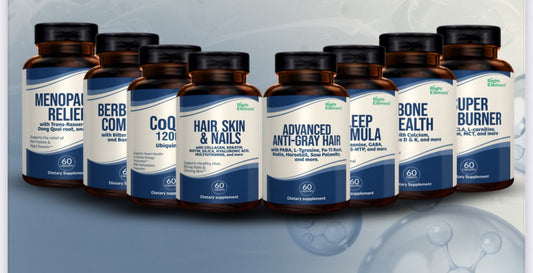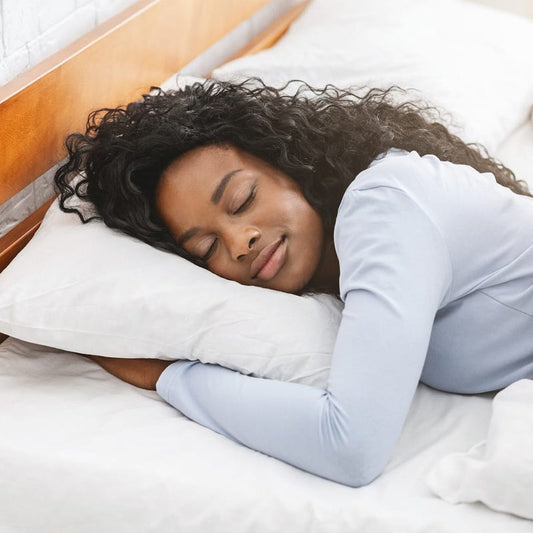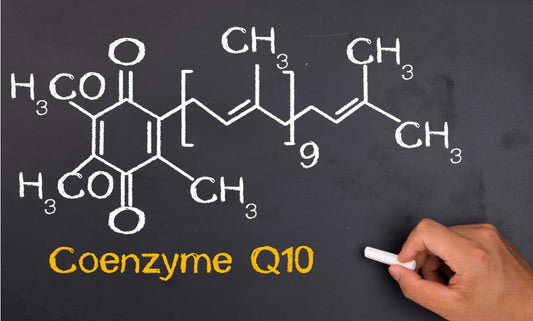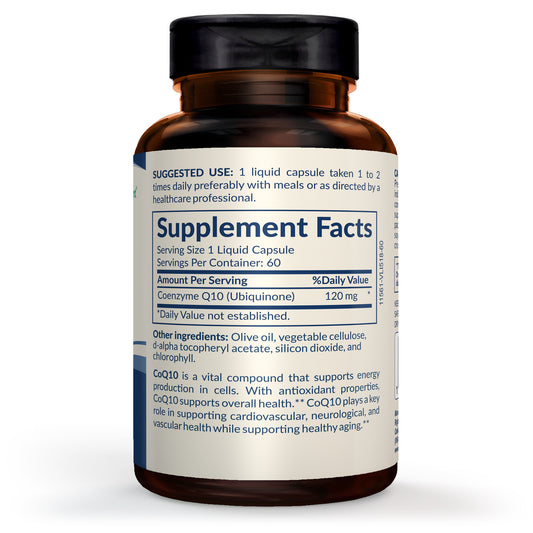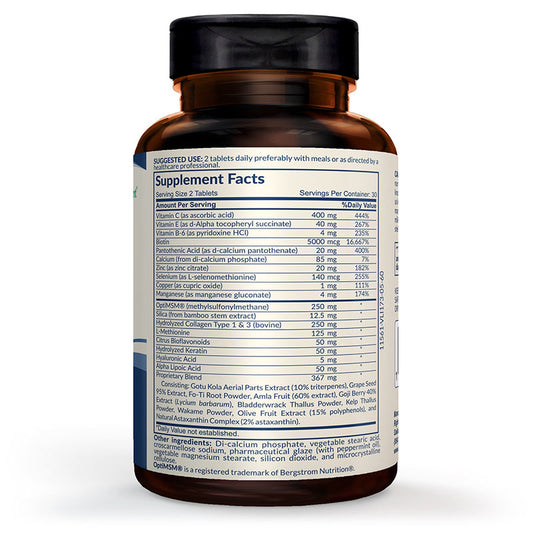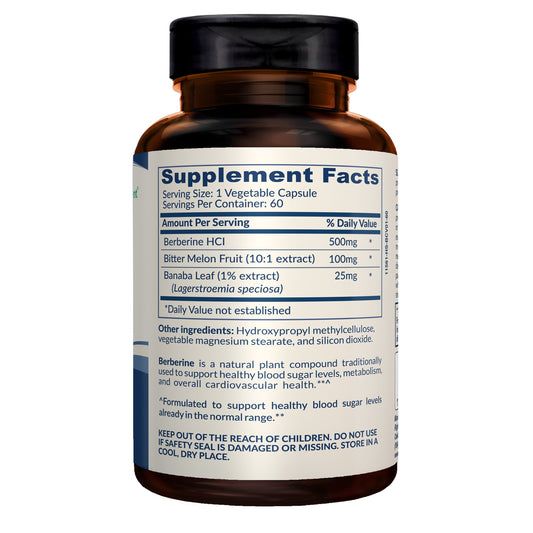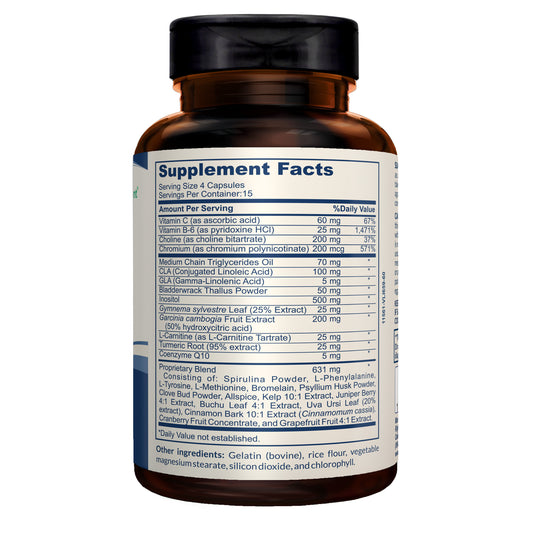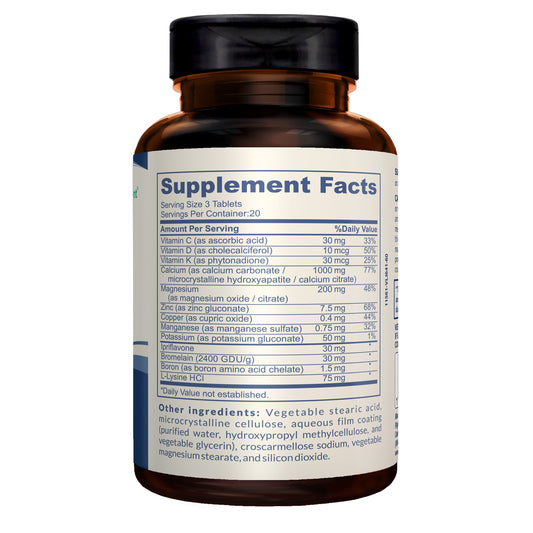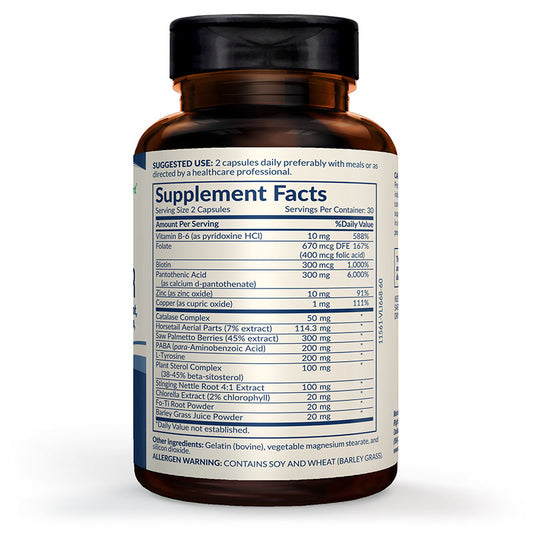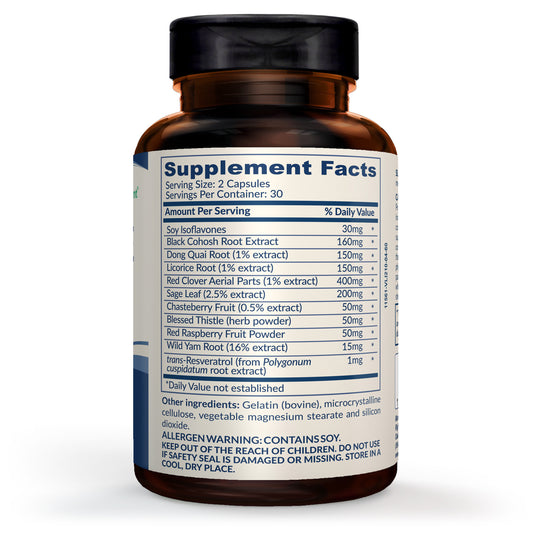Introduction:
Menopause is a transformative phase in a woman’s life, bringing about hormonal changes that can impact not only internal well-being but also external features like hair, skin, and nails. In this blog, we will discuss the importance of maintaining a radiant appearance during menopause, exploring the role of collagen, vitamins, exercise, and a healthy diet. This blog will guide and empower you with great tips for a graceful transition.
Understanding your Hormonal Changes:
Menopause, typically occurring in a woman’s late 40s to early 50s, is marked by the cessation of menstrual cycles which triggers a significant decline in estrogen levels, leading to various physiological changes. These hormonal shifts contribute to a reduction in collagen production, affecting the elasticity of the skin and strength of hair and nails. To counteract these effects, it becomes crucial to adopt a routine to improve your skin and wellness in general.
The North American Menopause Society (NAMS) defines three distinct stages in a woman’s life related to menopause: Premenopausal, Perimenopause, and Postmenopausal.
Premenopausal refers to the time before a woman enters perimenopause and experiences irregular menstrual cycles.
Characteristics:
- Menstrual cycles are regular.
- Ovulation is occurring, and fertility is still intact.
- Hormone levels, including estrogen and progesterone, are relatively stable.
Perimenopause is the transitional period leading up to menopause, marked by hormonal fluctuations and irregular menstrual cycles.
Characteristics:
- Irregular menstrual cycles, with variations in cycle length and flow.
- Fluctuations in hormone levels, particularly a decline in estrogen.
- Onset typically occurs in a woman’s 40s, but it can start earlier for some individuals.
- Symptoms such as hot flashes, night sweats, mood swings, and changes in sleep patterns may occur.
- Fertility declines as ovulation becomes less predictable.
Postmenopausal begins when a woman has not had a menstrual period for at least 12 consecutive months, indicating the end of the reproductive phase.
Characteristics:
- Menstruation has ceased.
- Hormone levels, including estrogen and progesterone, remain consistently low.
- Menopausal symptoms, such as hot flashes and mood swings, may continue but often diminish over time.
- Bone density loss becomes a concern, increasing the risk of osteoporosis.
- Long-term health considerations, such as heart and bone health, become more critical.

Effects on Skin:
Estrogen decline leads to a reduction in collagen and elastin, proteins responsible for skin structure and elasticity. With diminished levels of these crucial components, skin becomes more prone to dryness, fine lines, and sagging. Hormonal changes can also contribute to a decrease in skin thickness and moisture, impacting overall skin health.
Hair Transformations:
The hormonal fluctuations during menopause can affect the hair growth cycle. The decrease in estrogen may lead to a shift in the balance between hair growth and shedding, resulting in hair thinning or loss. Understanding this connection allows us to explore proactive measures to support healthy hair growth and minimize the impact of hormonal changes.
Nail Health:
Estrogen’s role extends to supporting the production of keratin, a protein crucial for nail strength. As estrogen levels decline, nails may become more brittle and prone to breakage. It is important to know more about nutritional deficiencies and adopt a healthy approach to maintain optimal nail health during menopause.
The Importance of Collagen and Vitamins:
Collagen, often referred to as the building block of beauty, plays a vital role in maintaining skin elasticity, hair strength, and nail resilience. As estrogen levels drop during menopause, collagen production decreases, resulting in sagging skin and brittle hair and nails. Incorporating collagen supplements, sourced from reliable sources, into your routine can promote skin hydration, reduce wrinkles, and fortify hair and nails.
Addressing Collagen Loss:
Understanding the correlation between menopause and collagen loss allows for proactive measures to address these changes. Incorporating collagen supplementation can help replenish and support the skin’s structural integrity.
Collagen Supplementation:
Many women explore collagen supplementation as part of their menopausal skincare regimen. Collagen supplements, derived from sources like fish or bovine collagen, provide the body with additional building blocks to support collagen synthesis. However, it’s crucial to consult with a healthcare professional before incorporating supplements to ensure they align with individual health needs.
Vitamins Supplementation:
Vitamins also play a pivotal role in nurturing beauty from within.
- Vitamin A (Retinol) supports skin cell turnover.
- Vitamin C aids collagen synthesis.
- Vitamin E provides antioxidant protection.
- Vitamin D helps to regulate hair follicle cycling.
- Vitamin B7 (Biotin) Biotin helps to strengthen hair and reduce breakage, as well as promote healthy growth. Biotin can also help to improve the texture and shine of hair.
Ensuring an adequate intake of these vitamins through a balanced diet or supplements can contribute to a healthier appearance. Right Element has all these essential vitamins.
Exercise for Overall Well-Being:
Regular exercise is not only beneficial for cardiovascular health but also supports overall well-being, including the health of your hair, skin, and nails. Physical activity promotes better blood circulation, delivering essential nutrients to cells and aiding in the removal of toxins. Engaging in activities like brisk walking, yoga, or strength training can enhance skin complexion, promote hair growth, and strengthen nails. Hydration is also essential, as adequate water intake contributes to skin plumpness and elasticity.
Eating healthy:
A nutritious diet is a cornerstone of beauty maintenance during menopause. Include foods rich in omega-3 fatty acids, antioxidants, and biotin. Omega-3s found in fatty fish contribute to skin hydration, antioxidants combat free radicals, and biotin supports hair and nail health. You should eat fruits, vegetables, lean proteins, and whole grains for a well-rounded nutrient intake.
Seeking Professional Guidance:
Menopausal changes are unique to each woman, and seeking advice from a healthcare professional or a dermatologist can provide personalized recommendations tailored to your specific needs. Professional guidance ensures a comprehensive understanding of your hormonal balance and aids in crafting a targeted approach to maintain your hair, skin, and nails.
Conclusion:
Facing the changes in hair, skin, and nails during menopause requires a healthy routine that encompasses collagen and vitamins, exercise, and a nourishing diet. Embrace this transformative period with confidence with the knowledge to nurture your beauty from the inside out. As you prioritize self-care, remember that professional advice and a consistent routine will be important in promoting a radiant and healthy appearance during menopause.






